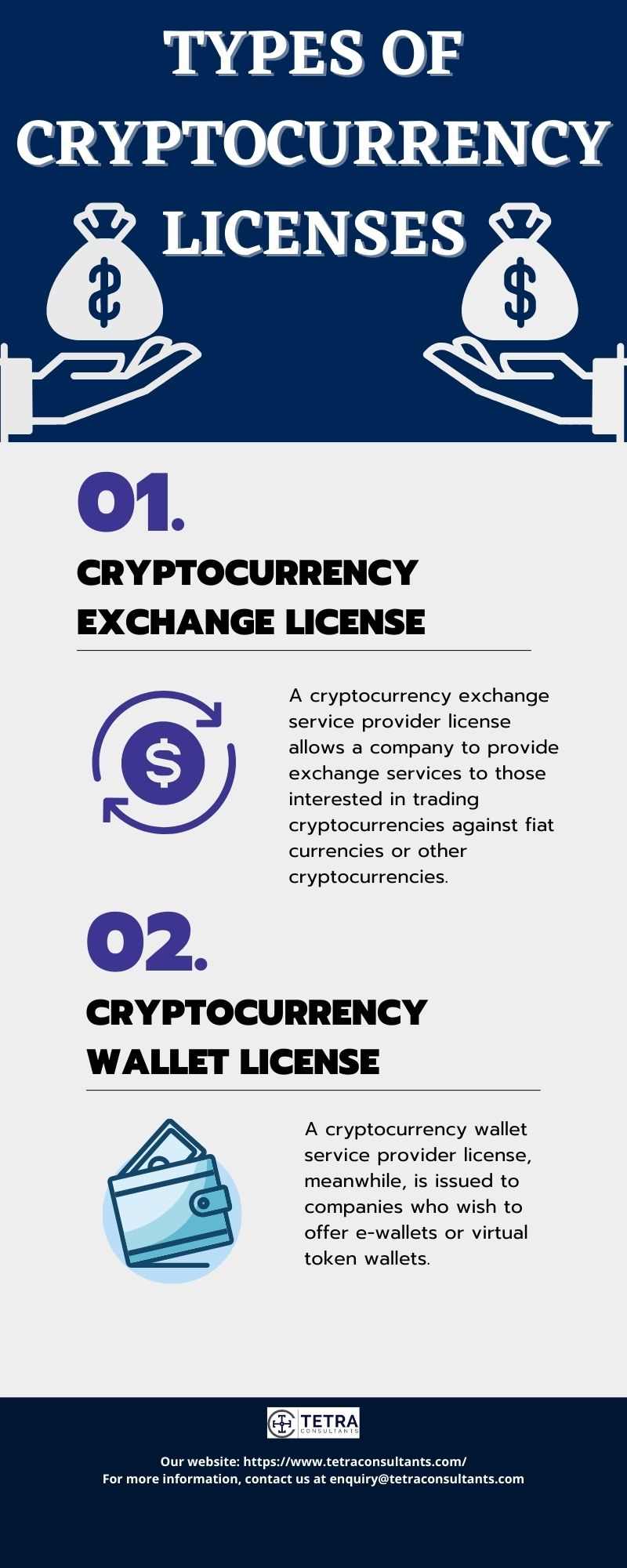Crypto Exchange Licensing Requirements

- Understanding the Importance of Crypto Exchange Licensing
- Key Factors to Consider When Applying for a Crypto Exchange License
- Regulatory Compliance: Navigating the Complex World of Crypto Exchange Licensing
- Comparing Licensing Requirements Across Different Jurisdictions
- Challenges Faced by Crypto Exchanges in Meeting Licensing Requirements
- The Future of Crypto Exchange Regulation: Trends and Predictions
Understanding the Importance of Crypto Exchange Licensing
Understanding the importance of crypto exchange licensing is crucial for both investors and operators in the cryptocurrency market. Licensing ensures that exchanges comply with regulations, which helps protect users from fraud and other risks. It also enhances the credibility and trustworthiness of the exchange, attracting more users and increasing trading volume.
Having a crypto exchange license demonstrates that the platform is committed to following legal requirements and industry best practices. This can help prevent money laundering, terrorist financing, and other illicit activities. Additionally, licensed exchanges are more likely to establish partnerships with banks and other financial institutions, making it easier to deposit and withdraw funds.
Regulatory authorities around the world are increasingly focusing on crypto exchange licensing requirements to ensure the integrity of the market. By obtaining a license, exchanges can operate legally and avoid potential penalties or shutdowns. This not only protects the interests of investors but also contributes to the overall stability and growth of the cryptocurrency ecosystem.
Key Factors to Consider When Applying for a Crypto Exchange License
When considering applying for a crypto exchange license, there are several key factors that need to be taken into account to ensure a successful application process. One of the most important factors is the regulatory environment in which the exchange operates. It is crucial to understand the specific requirements and regulations set forth by the governing bodies in the jurisdiction where the exchange is seeking to be licensed.
Another important factor to consider is the security measures that the exchange has in place to protect user funds and data. This includes implementing robust cybersecurity protocols, conducting regular security audits, and having insurance coverage in case of any security breaches. Additionally, the exchange must have proper Know Your Customer (KYC) and Anti-Money Laundering (AML) procedures in place to prevent illicit activities on the platform.
Furthermore, the financial stability of the exchange is a key consideration for regulators when reviewing license applications. The exchange must demonstrate that it has sufficient capital reserves to cover operational expenses and potential liabilities. This includes having a clear business plan, financial projections, and a risk management strategy in place.
In addition, the reputation and track record of the exchange’s management team are important factors that regulators will take into consideration. It is essential for the team to have relevant experience in the cryptocurrency industry and a proven track record of running successful businesses. This helps to build trust with regulators and instills confidence in the exchange’s ability to operate in a compliant and ethical manner.
Overall, when applying for a crypto exchange license, it is essential to carefully consider these key factors to increase the likelihood of a successful application process. By addressing regulatory requirements, implementing strong security measures, ensuring financial stability, and having a reputable management team, the exchange can position itself as a trustworthy and compliant platform in the eyes of regulators.
Regulatory Compliance: Navigating the Complex World of Crypto Exchange Licensing
When it comes to operating a cryptocurrency exchange, navigating the complex world of regulatory compliance is crucial. Understanding the licensing requirements for crypto exchanges is essential to ensure that your business is operating legally and ethically.
Regulatory compliance for crypto exchanges can vary significantly depending on the jurisdiction in which you operate. Some countries have strict licensing requirements in place, while others have more relaxed regulations. It is important to research and understand the specific licensing requirements in your jurisdiction to avoid any legal issues.
One of the key considerations when it comes to crypto exchange licensing is the need to comply with anti-money laundering (AML) and know your customer (KYC) regulations. These regulations are designed to prevent money laundering and terrorist financing by requiring exchanges to verify the identity of their customers and report any suspicious transactions.
In addition to AML and KYC regulations, crypto exchanges may also be required to obtain specific licenses or registrations depending on the services they offer. For example, some jurisdictions require exchanges to obtain a money transmitter license if they facilitate the transfer of funds between customers.
Overall, navigating the world of crypto exchange licensing can be challenging, but it is essential to ensure that your business is operating legally and ethically. By understanding the regulatory requirements in your jurisdiction and taking the necessary steps to comply with them, you can help protect your business and your customers from legal issues.
Comparing Licensing Requirements Across Different Jurisdictions
When comparing **licensing requirements** for **crypto exchanges** across different jurisdictions, it is important to consider the varying regulations that exist in each location. In some countries, such as the United States, **crypto exchanges** must adhere to strict **licensing requirements** set forth by regulatory bodies like the Securities and Exchange Commission (SEC) and the Commodity Futures Trading Commission (CFTC). These **regulations** are designed to protect investors and ensure the integrity of the **crypto market**.
On the other hand, in countries like Japan and Malta, **crypto exchanges** are subject to a different set of **licensing requirements** that are more lenient compared to those in the US. For example, in Japan, **crypto exchanges** must register with the Financial Services Agency (FSA) and comply with the country’s **Virtual Currency Act**. Similarly, in Malta, **crypto exchanges** must obtain a **Virtual Financial Assets (VFA) license** from the Malta Financial Services Authority (MFSA).
Overall, when comparing **licensing requirements** across different jurisdictions, it is clear that there is a wide range of **regulations** that **crypto exchanges** must navigate. It is important for **crypto exchange** operators to carefully review and understand the **licensing requirements** in each jurisdiction in which they operate to ensure compliance and avoid any potential legal issues. By staying informed and proactive, **crypto exchanges** can continue to operate successfully in a rapidly evolving regulatory environment.
Challenges Faced by Crypto Exchanges in Meeting Licensing Requirements
Meeting licensing requirements can be a significant challenge for crypto exchanges. One of the main obstacles is the lack of clear regulatory guidelines in many jurisdictions. This ambiguity makes it difficult for exchanges to understand what is expected of them and how to comply with the regulations. Additionally, the constantly evolving nature of the cryptocurrency industry means that regulations are often outdated by the time they are implemented.
Another challenge faced by crypto exchanges is the high cost associated with obtaining and maintaining licenses. The fees for applying for a license can be prohibitively expensive, especially for smaller exchanges with limited resources. In addition to the initial costs, there are also ongoing compliance costs that can quickly add up. This financial burden can make it difficult for exchanges to operate profitably.
Furthermore, the complex and time-consuming nature of the licensing process can be a barrier for many exchanges. The requirements for obtaining a license are often stringent and involve a significant amount of paperwork and documentation. This can be overwhelming for exchanges, especially those that are new to the industry or have limited legal resources. The lengthy approval process can also delay the launch of new products or services, putting exchanges at a competitive disadvantage.
The Future of Crypto Exchange Regulation: Trends and Predictions
As the cryptocurrency market continues to evolve, so do the regulations surrounding crypto exchanges. It is essential for crypto exchange operators to stay informed about the latest trends and predictions in regulatory requirements to ensure compliance and avoid potential legal issues.
One of the key trends in the future of crypto exchange regulation is the increasing focus on licensing requirements. Regulators around the world are starting to implement stricter licensing requirements for crypto exchanges to enhance transparency and protect investors. This trend is expected to continue as regulators seek to bring more legitimacy to the cryptocurrency market.
Another prediction for the future of crypto exchange regulation is the harmonization of regulations across different jurisdictions. As the cryptocurrency market becomes more globalized, regulators are working towards creating a unified regulatory framework to govern crypto exchanges. This harmonization will help reduce regulatory arbitrage and create a more level playing field for all market participants.
Additionally, there is a growing emphasis on consumer protection in crypto exchange regulation. Regulators are increasingly focusing on implementing measures to safeguard the interests of retail investors and prevent fraudulent activities in the cryptocurrency market. This shift towards consumer protection is likely to result in more stringent regulations for crypto exchanges in the future.
In conclusion, the future of crypto exchange regulation is expected to be characterized by stricter licensing requirements, harmonization of regulations across jurisdictions, and a greater emphasis on consumer protection. Crypto exchange operators must stay ahead of these trends and predictions to ensure compliance with regulatory requirements and maintain the trust of investors in the evolving cryptocurrency market.
